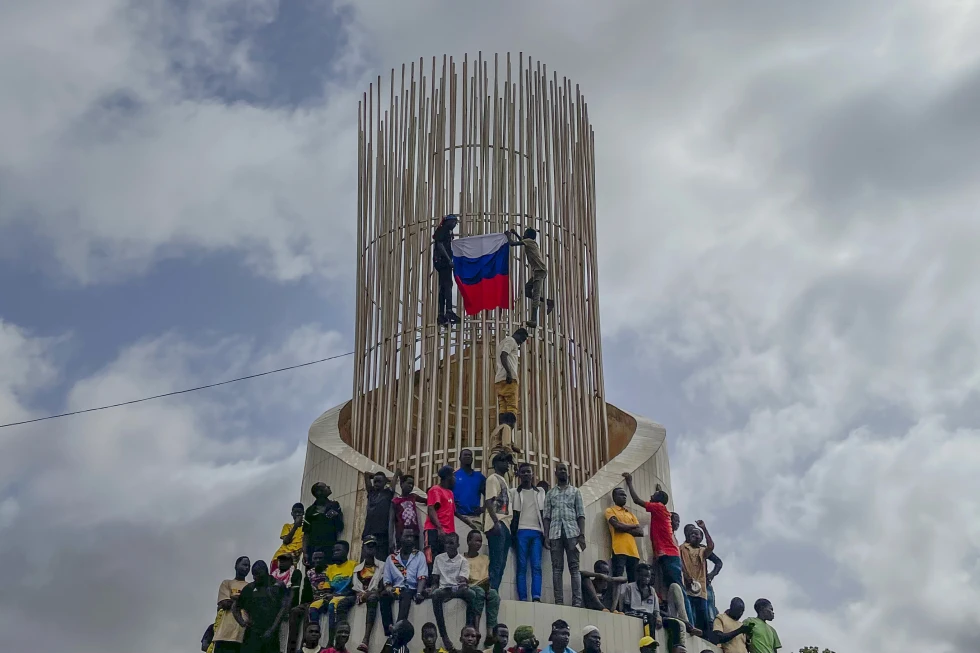Niger’s military junta has made a plea for help from the Russian mercenary group known as Wagner, as the deadline approaches for the release of the country’s ousted president. General Salifou Mody, one of the leaders of the coup, made the request during a visit to neighbouring Mali.
The junta is facing mounting pressure from the regional bloc, Economic Community of West African States (ECOWAS), to release and reinstate the democratically elected President Mohamed Bazoum, who has described himself as a hostage. With the 6th of August deadline looming, demonstrations have erupted both in support and against the coup, while international pressure on the junta continues to grow.
Niger has long been regarded as the West’s reliable partner in counterterrorism efforts in a region plagued by frequent coups in recent years. It has served as a strong ally to Western nations, particularly France, its former colonizer. However, the junta’s rejection of France and subsequent turn towards Russia has raised eyebrows in the international community.
The Russian mercenary group Wagner already operates in several African countries, including Mali. It remains uncertain how the international community will respond to Wagner’s involvement in Niger, given the group’s controversial reputation. ECOWAS has yet to comment on this latest development.
As the political crisis deepens in Niger, foreign nationals have been evacuating the country over the past week, with many departing on French military aircraft. This exodus highlights the growing insecurity and uncertainty surrounding the situation.
Meanwhile, within Niger, citizens are grappling with the consequences of the coup, including travel and economic sanctions imposed by ECOWAS. These measures have led to the closure of land and air borders with ECOWAS countries and the suspension of commercial and financial transactions. As a result, the price of goods has been steadily increasing, and access to cash has become limited.
Niger’s political landscape has been upended by this coup, marking a significant shift in the country’s trajectory. The junta’s plea for assistance from Russian mercenaries illustrates a departure from its previous alignment with Western powers. This move has raised concerns among nations relying on Niger as a stalwart in the fight against terrorism in the region.
The international community now awaits how the situation will unfold as the deadline for President Bazoum’s release approaches. With the involvement of the Wagner group, there is growing uncertainty and speculation about the junta’s next steps and the potential repercussions for Niger’s stability and security.
As the crisis continues to evolve, the people of Niger find themselves caught in the crossfire, navigating a fragile economic situation and an uncertain political future. The stakes are high, not only for the country but also for the wider region, as the outcome of this power struggle could have far-reaching implications.
Image Credit: AP Photo/Sam Mednick




